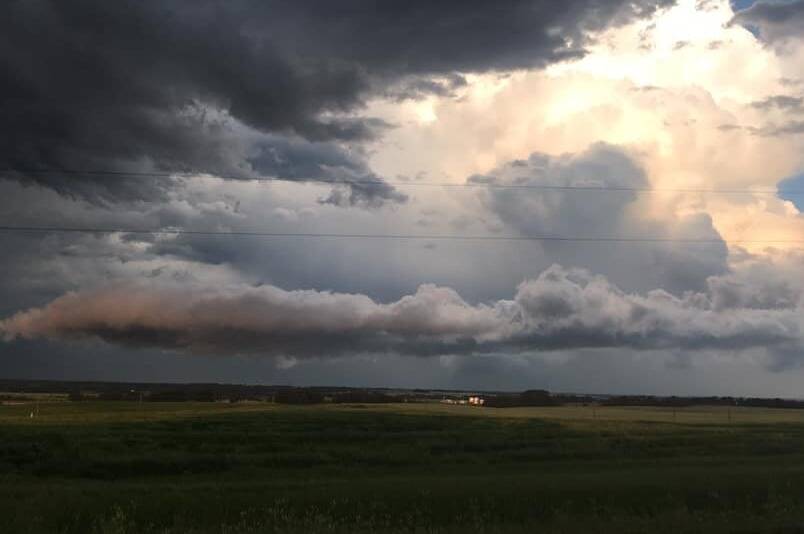Another atmospheric river is set to flow over B.C.’s south coast Wednesday through Thursday bringing up to 70mm of rain for some areas.
RELATED: ‘Atmospheric river’ rainstorm headed for Fraser Valley, up to 70 mm expected
An earlier atmospheric river and a “bomb cyclone” have already brought high levels of rain to B.C. Bobby Sekhon, meteorologist with Environment and Climate Change Canada said the storm systems are hitting B.C. unusually early.
“We’re getting into the wettest time of the year here on the south coast, so that’s not too unusual. What is unusual is how early the season started. The rain hasn’t let up since September, so it’s been quite an active storm season this fall that’s brought lots of storms we would expect later.”
Heavy rains can lead to localized flooding and water pooling on roads. Sekhon advised the public to ensure their local storm drains are clear of any debris and avoid fast-moving rivers.
RELATED: ‘Potentially historic’ storm brewing off Vancouver Island should calm before landfall
“The challenge for this atmospheric river is going to be we recently had a windstorm that blew a lot of leaves off trees, those leaves are still on the ground. It’s going to be really important for everyone to make sure their drains are cleared so the water from this atmospheric river can drain and not pool.”
After dousing Vancouver Island and the Lower Mainland, the atmospheric river will make its way through the interior, bringing 10 to 20 cm of snow to the Coquihalla summit.
RELATED: Up to 20 cm of snow expected for Coquihalla Highway
Conditions are expected to be drier beginning Friday (Oct. 29) and will likely continue into next week. But November typically brings plenty of precipitation, so that dry period will be short-lived.
The active storm season follows a summer of drought and record-setting heat. Sekhon called this year’s weather a “tale of two extremes”, but so far fall temperatures have remained normal.
Sekhon said the deluge of rain has been helping drought-stricken areas recover from the dry summer, but it could lead to soil saturation in places that are seeing increased rain.
@SchislerCole
cole.schisler@bpdigital.ca
Like us on Facebook and follow us on Twitter.
Want to support local journalism? Make a donation here.

